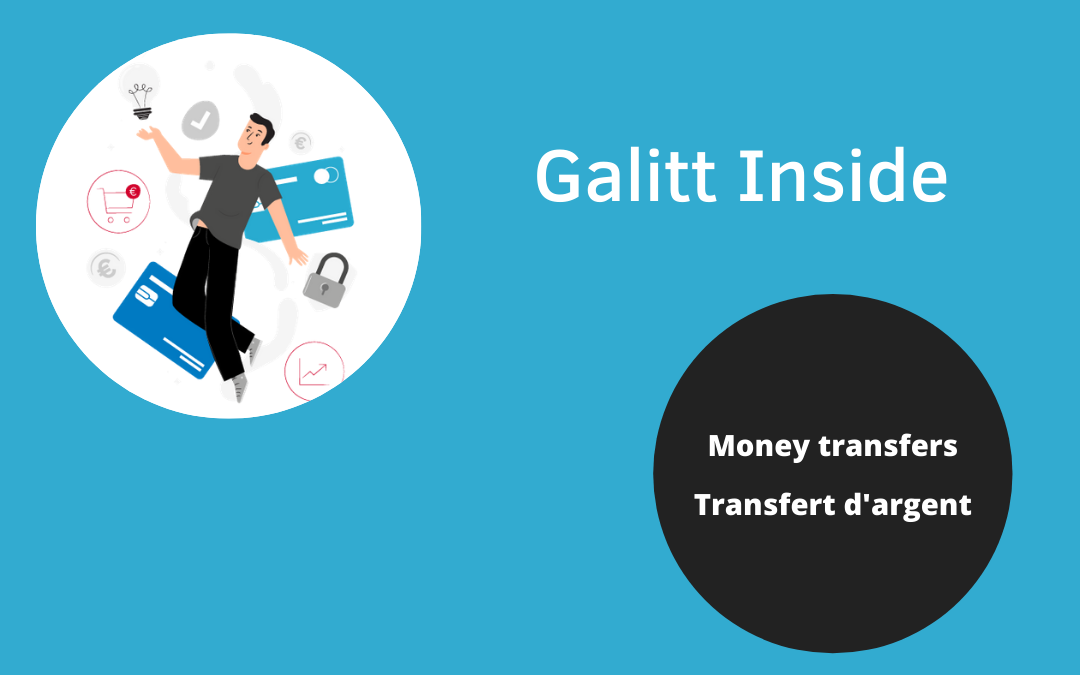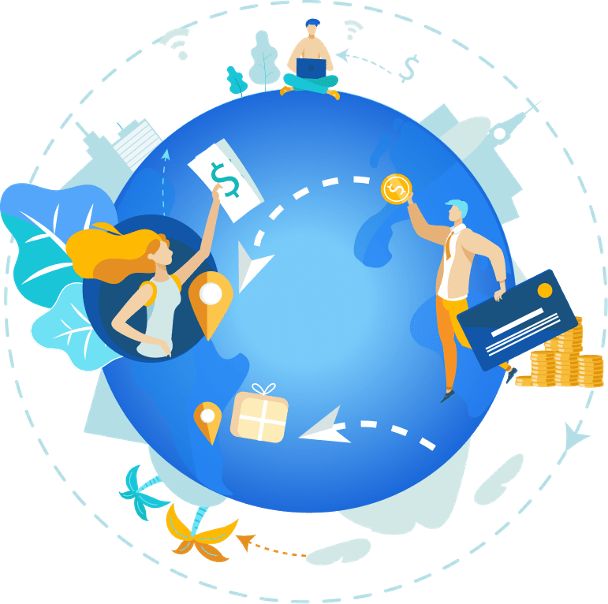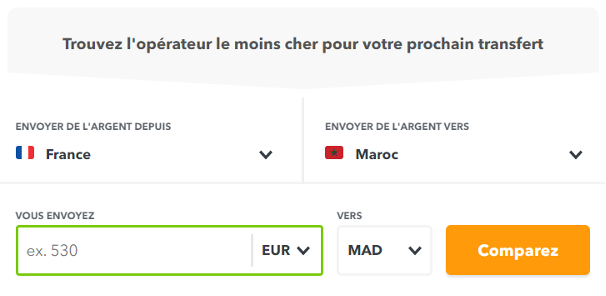How fintechs are revolutionizing international money transfers

In 2019, money sent home by diaspora workers became the largest source of external finance in low- and middle-income countries. According to World Bank data, the money flows amounted to more than $500 billion and exceeded levels of foreign direct investment in these regions.
No wonder many Fintechs are interested in this. However, transferring money from one country to another is not a trivial operation. Many factors come into play: the legislation of the countries concerned or the rates of the sending and receiving players.

Source : CASHDAY.CA
The international money transfers revolution
Money transfers and international payments between individuals or professionals generate significant costs when they are made through banks.
To save money, it is possible to use alternative services such as PayPal or TransferWise, either to send money or to collect it.
The British are particularly at the forefront of this market, with several other very dynamic startups such as Revolut, Azimo, Circle Pay or WorldRemit. But there are also a few French nuggets. The latest one is called Ditto.
Tech giants are also on the lookout. In 2015, PayPal bought Xoom, a U.S. company specializing in overseas money transfers, for nearly $900 million. Skype launched last year to 22 countries (mostly Europe and the United States). And Google has just announced a partnership with Western Union and Wise to integrate this payment service.
But above all, there is bitcoin, a currency that is by nature borderless and allows one to bypass the banking system entirely. Several startups have recently invested in this niche. The American startup Abra, for example, converts the amount to be transferred into bitcoin and then goes through the blockchain to send it to a new account in the requested currency.
So much so that cryptocurrencies are of great interest to the industry giants: Western Union and Moneygram have been testing transfers via Ripple (XRP), a cryptocurrency that is less volatile and more centralized than bitcoin, for the past few weeks.
Instant international transfer
It is difficult not to make the link between the advent of international transfers and the instant transfer, two closely related subjects that can depend on each other. Technological advances combined with the openness allowed by Open Banking have favored the appearance of many innovative solutions with the objective of making them safer, cheaper and faster.
Fintechs are increasingly collaborating with large companies to offer new solutions. This is the case between British fintech Wise and bank card giant VISA. By leveraging the Visa Direct platform that allows for the instant transmission of funds between bank accounts, Wise can now offer real-time cross-border payments.
In the same vein, Visa is multiplying its partnerships to make this transfer service more widespread. Companies such as Paypal, Western Union, Nickel and even Google are gradually accessing this type of service.
The arguments in favor of this type of transfer are numerous, explaining its attractiveness:
- Speed: transactions are approved in real time, making funds available in a very short time (about 30 min), day and night, including weekends.
- Convenience: using credit card numbers (PAN) or in some cases phone numbers to enable the transfer is more convenient for users than using IBANs.
- Security: relying on the networks of payment giants such as VISA or MASTERCARD, transfers made through these networks will be secure and supervised.
The importance of the smartphone and the Internet as a factor in the democratization of these new financial services must also be emphasized. The fact that users can access financial services directly on their cell phone or computer encourages their use, as they are no longer obliged to go to a branch to access them.
International money transfers. What are the fees?
When transferring money abroad, you are most often charged two types of fees, “one-time fees” and “exchange fees”. The first one is the price of the services of reception, processing and payment of the transfer. The latter are the difference between the conversion rate applied by the service provider and the market exchange rate. Some players claim that the transfer fee or commission is zero, but this is not true. In fact, they increase the exchange rate in order to make money.
Comparing all the exchange rates and fees in real time, for the exact amount you want to transfer, can be tedious. This is why online comparators such as the online service Monito have appeared.

Source : MONITO
Even if new offers in this field of international money transfers are abounding, under the combined effect of large players and fintech innovation, the associated costs are still too high, according to the United Nations, which has set a goal of reducing these transfer costs by 3% by 2030.



